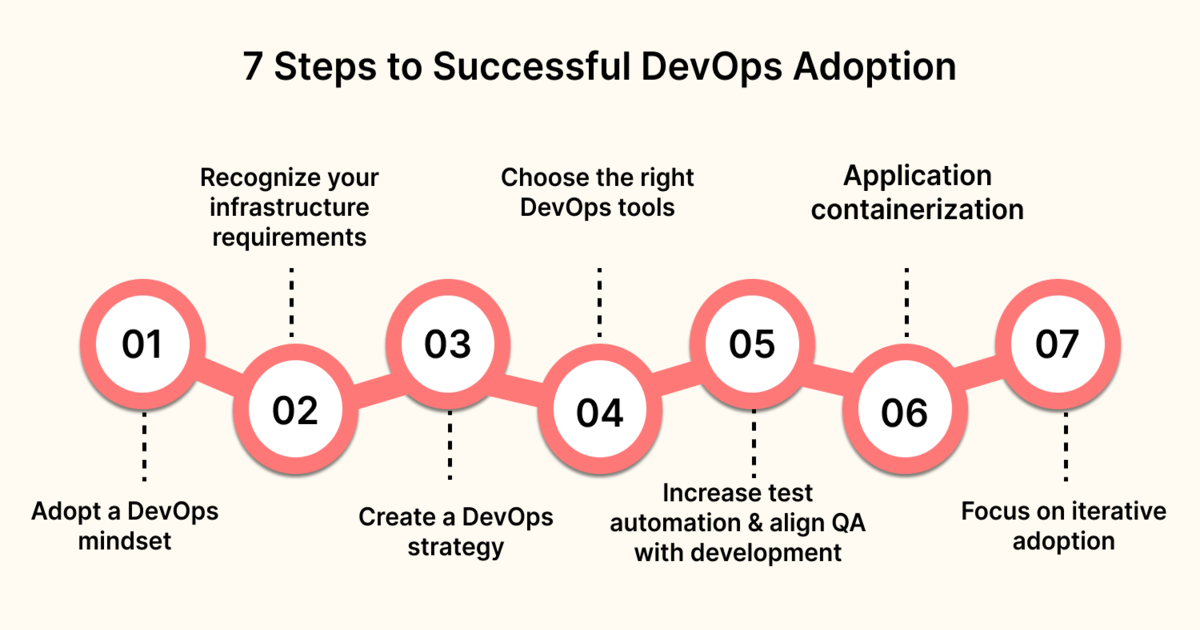Adopting DevOps Requires a Mindset Shift to Unlearn Old Ways

The Paradigm Shift of DevOps
The ethos of DevOps necessitates a complete paradigm shift, entailing a process of unlearning established practices. Fully embracing the DevOps ethos demands relinquishing ingrained cultural norms, a task easier said than done. While startups navigate this transition with relative ease, established corporate entities grapple with the formidable challenge of dismantling entrenched cultural frameworks.
Benefits of Failing Fast and Containing Risk
Consider the prospect: What if failure could be swiftly acknowledged and rectified? This approach minimizes the potential fallout from any given change, effectively mitigating risk. Adopting a strategy of market testing offers a potent alternative to speculation and conjecture.
Testing in the Market with A/B Groups
Companies routinely engage in A/B testing, wherein distinct subsets of consumers are exposed to varying iterations of a product or service. This practice affords invaluable insights into consumer preferences and behavior, enabling informed decision-making.
Microservices Enable Modular Changes
Imagine possessing an application architecture that facilitates modular alterations, obviating the need for cumbersome overhauls. This modular approach, exemplified by platforms like Spotify, enables seamless updates without compromising system integrity. While such updates may occasionally yield unconventional outcomes, the overarching functionality remains intact, fostering rapid iteration and adaptation in the marketplace.
Allspaw’s 2009 Presentation Opened Eyes
The seminal Velocity 2009 conference catalyzed a paradigm shift within the tech community, as exemplified by John Allspaw’s landmark presentation on DevOps practices at Flickr. Allspaw’s revelation regarding Flickr’s deployment frequency, an astonishing ten times per day, challenged prevailing notions of operational cadence. This watershed moment underscored the efficacy of collaborative DevOps frameworks in fostering agility and innovation.
Etsy’s Deployment Velocity in 2011
Etsy’s subsequent revelation of their prodigious deployment frequency further cemented the transformative potential of DevOps methodologies. Their staggering deployment rate, averaging one every 25 minutes, defied conventional wisdom, inspiring awe and intrigue within the industry. Etsy’s success, underscored by Chief Technical Officer Chad Dickerson, hinged on a culture of trust, transparency, and collaboration across organizational silos.
Enterprises Embrace DevOps
The DevOps Enterprise Summit of 2016 marked a watershed moment, as industry titans including Ticketmaster, Nordstrom, and Target extolled the virtues of DevOps adoption. These testimonials dispelled the notion that DevOps was the exclusive purview of startups, affirming its efficacy within enterprise contexts. Testimonials from major corporations, highlighting dramatic improvements in operational efficiency and agility, underscored the transformative potential of DevOps.
DevOps Requires Cultural Change
The secret to their success? It lies not in proprietary tools or arcane methodologies, but in the cultivation of a DevOps culture. Genuine transformation necessitates a holistic reorientation of organizational values and practices, an endeavor fraught with challenges yet indispensable for reaping the benefits of DevOps. DevOps is not a commodity to be procured but a cultural ethos to be cultivated, predicated on principles of trust, transparency, and disciplined collaboration. The journey to DevOps mastery begins not with tools, but with a fundamental shift in organizational culture.
Conclusion
In this discourse, we’ve traversed the transformative landscape of DevOps, from its nascent origins to its widespread adoption by industry juggernauts. At its core, DevOps represents not merely a set of practices, but a cultural metamorphosis, heralding a new era of collaboration, agility, and innovation within the enterprise.
See more articles: DevOps – Business Solutions for the Digital Innovation Era